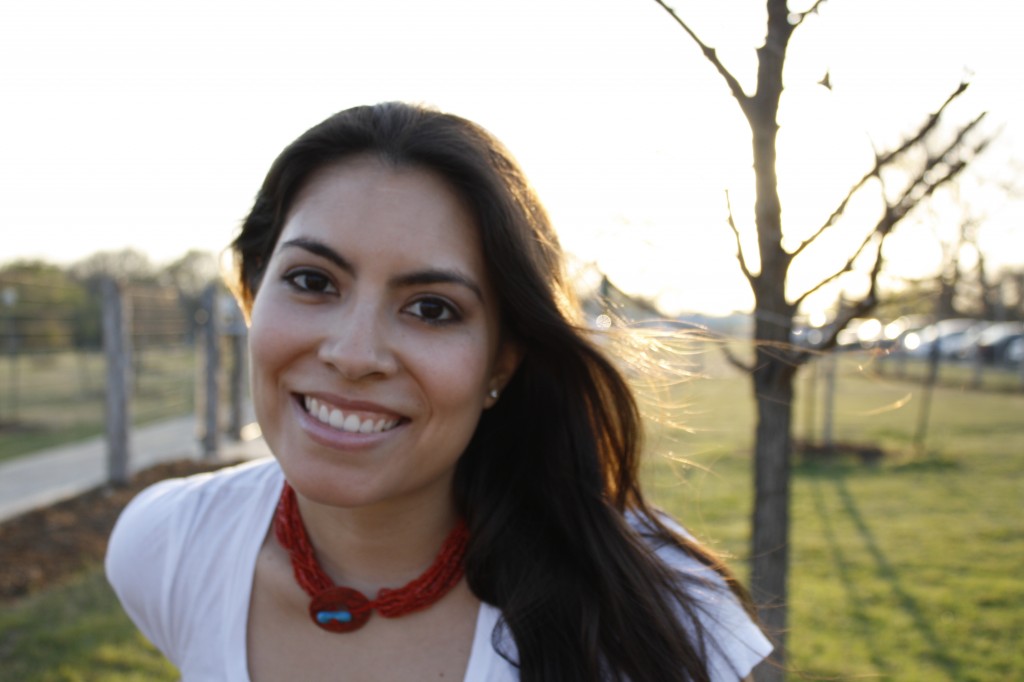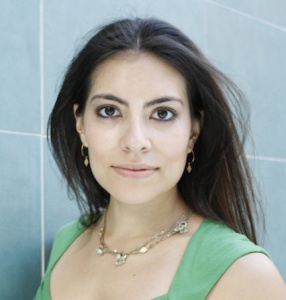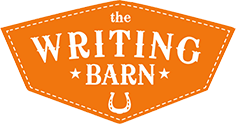March is officially Natalia Sylvester month at The Writing Barn, and we couldn’t be more excited! Sylvester is a talented author with a critically acclaimed debut book, Chasing the Sun, now under her belt. She has an upcoming 6-week class at The Writing Barn, Writing a Literary, Page-Turning Novel, that starts on March 31st. In addition to that, Natalia is our featured author for March’s Words and Wine Wednesday on the 25th! Class registration is still open for Writing a Literary, Page-Turning novel, as well as RSVPs for Words and Wine. Learn more about her below in our Words and Wine sister blog series, the Austin Author Spotlight:
Austin Author Spotlight
with Natalia Sylvester
Having been born in Peru, but living in the U. S. since you were four, how did you go about depicting 1992 Lima Peru?
This was one of the most challenging aspects of writing Chasing the Sun. My family left in 1988, and though I visited often as a child, our first trip back wasn’t until 1996, so I had no memory of Lima in the early 90s. I’d originally planned on setting the book in a less specific time, like the late 80s, thinking this would help me feel less restricted. But the more research I did, the more I learned about each time period. The specificity of the political situation and the terrorists acts that the country experienced in 1992 actually helped bring the time and place to life for me. I researched books, documentaries, films shot in and around Lima, and even flipped through old family photo albums to get a better sense of things. I also spoke a lot to my family and tried to pull from their recollections. Surprisingly, the things that people who actually lived in Peru in the 90s have told me resonate the most were details I took from my own memory—things like the smell of the city, the way the sky turns grey in the wintertime, or the ice-cream vendors along busy streets. It’s helped me realize some details are timeless.
 As a Latina writer, what has been your experience in promoting Chasing the Sun, within and without the Latin community?
As a Latina writer, what has been your experience in promoting Chasing the Sun, within and without the Latin community?
I’ve noticed a lot of readers have been excited to read a story set in a time and place they don’t often get to explore, and that applies to all kinds of communities. I’ve had American readers tell me they’ve never read a book about Peruvian life, but that they’d like to. Others have told me that they visited the country when they were in college or even recently, and they wanted to reimmerse themselves in that world. And of course many Peruvian and Latino readers have told me that they recognized parts of their own experiences in the story, but intrestingly enough, so have many non-Latino readers. I think we often want to categorize books as one thing, when in fact these stories are just as multi-faceted as the people who read them. So I never set out to promote the book specifically to one audience or community. Our identities are so complex that we often relate to one another in the most surprising ways. One thing I’ve found is common across all communities: we’re all hungry for a more diverse tapestry of stories, cultures, places, and perspectives in the books they read.
Tell us a bit about your latest book.
Chasing the Sun is the story of a frail marriage tested to the extreme by the wife’s kidnapping in Lima, Peru. On the day that Marabela doesn’t come home, her husband Andres assumes that she’s left him because she’s tried it once before. Instead, he receives a note from a group of kidnappers demanding a ransom far greater than he can ever put together. While the novel and the events depicted are both suspenseful and terrifying, it’s also the portrayal of a relationship: how people come together, and how they fall apart. Having been partially inspired by a kidnapping in my own family, the story is also an exploration of the role of love and hope in our darkest times.
Where do you do your writing? Do you have a specific process?
I was still living in Round Rock when I wrote much of Chasing the Sun; my husband and I had a two-bedroom apartment, and the second bedroom was our office. I remember waking up extra early to work on the book, and then working on it in the afternoons while he went to school, or sometimes in bed, sometimes sitting on the dining room table, sometimes even under an umbrella by the building’s pool. Now that we’ve bought a house I have my own office, which I’m transforming into my ideal writing space (I converted the closet into a little library with a sofa in it—my private reading nook). I love having a home base to write in, but I’m also kind of migratory, and I tend to chase solitude and silence. Some mornings I take my laptop and sit under a tree in my backyard, or I write from the couch in my office instead of my desk. Very rarely, I’ll go to a coffee shop. I’m realizing my process is not very specific at all, and it also varies from book to book and even character to character as I’m writing them.

We feature a post on our site called Rejecting Rejection, where authors discuss their reactions to past rejected works. How do you, as an author, deal with rejection?
Honestly, I mope for a bit. I’ve tried skipping this part of the process, but I’ve found I can either embrace it and let myself feel everything I’m feeling, or I can ignore it, only for it to come back later with a vengeance. So I might give myself a day or two, and then I begin starting over. It’s a slow process, and it’s never easy, but nothing restores my sense of hope and enthusiasm quite like a new story. The part when we’re waiting to hear from editors or agents or readers, all full of nerves—sure, there’s some excitement in that (along with a lot of dread). But none of us really got into writing for that. We write because of the excitement of creating something, of having it evolve every day in your imagination and on the page. And rejection has a way of making us forget that. The only way I’ve found to get over it is to keep writing.
We all have that voice in our heads when we’re writing, telling us we can’t. What do you do to combat that?
Oh, I’ve become so familiar with this little voice! I think that’s key. Doubt comes around so often, and in such cycles, that now even when it stings, I can at least recognize that it’ll pass because it’s passed so many times before. I mostly try to write through it and trust the process, but when that doesn’t work, I read a lot. I take my dogs for plenty of walks. I switch to writing by hand in a journal, and I often write letters from one character to another, or I’ll just freewrite without any intention of adding those words to the WIP. It’s really about pushing through the mental block so I can get back to the story.
What do you think of the literary community in Austin?
We have such a thriving, supportive literary community; I’m absolutely in love with it. Though I’ve lived in Austin for five years, I think for the first two or three I mostly kept to myself. I don’t know if it was shyness, or the fact that I was slightly intimidated by all the talent in this town (or a mixture of both) but once I finally got over that, I discovered how warm and welcoming Austin writers are. It doesn’t matter whether or not you have a book deal or an MFA degree or are just starting out with a crazy idea and a drive to make it work—the literary community here cheers you on. If you’re genuinely open to learning from one another and being part of something bigger than yourself, Austin is a beautiful place to be a writer.
 Natalia Sylvester is the author of the novel, Chasing the Sun (New Harvest, 2014), which was chosen as the Best Debut book in Latinidad’s Best Books of 2014. Publisher’s Weekly described it as “a page-turning novel that strikes a balance between austere domesticity and suspenseful, life-altering trauma.” Born in Lima, Peru, Natalia came to the U.S. at age four and grew up in South Florida, where she received a B.A. in Creative Writing from the University of Miami. A former magazine editor with a journalism background, Natalia is fascinated by the role of truth in fiction and fiction in truth. Her essays and interviews with authors have been published in Latina magazine, Writer’s Digest, The Writer, and NBCLatino.com.
Natalia Sylvester is the author of the novel, Chasing the Sun (New Harvest, 2014), which was chosen as the Best Debut book in Latinidad’s Best Books of 2014. Publisher’s Weekly described it as “a page-turning novel that strikes a balance between austere domesticity and suspenseful, life-altering trauma.” Born in Lima, Peru, Natalia came to the U.S. at age four and grew up in South Florida, where she received a B.A. in Creative Writing from the University of Miami. A former magazine editor with a journalism background, Natalia is fascinated by the role of truth in fiction and fiction in truth. Her essays and interviews with authors have been published in Latina magazine, Writer’s Digest, The Writer, and NBCLatino.com.
